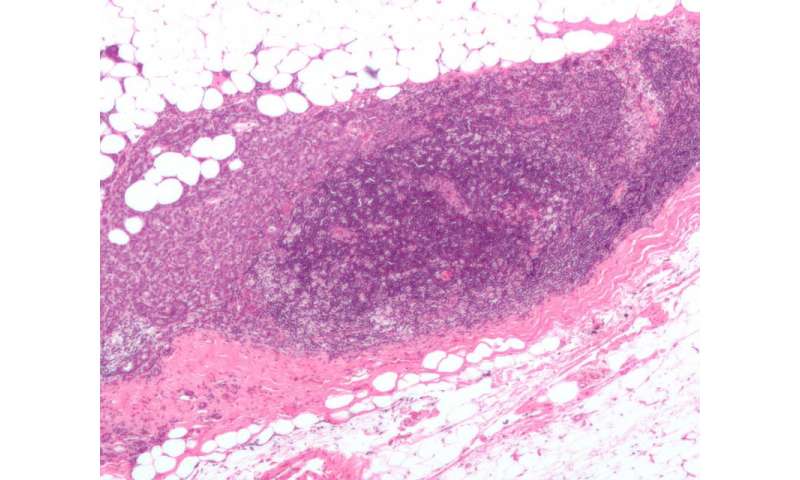
Women in higher socio-economic groups are more likely to receive direct breast reconstruction surgery after a mastectomy and are more often treated in a hospital where breast surgery and breast cancer treatments are carried out with a high volume. These are the conclusions of research conducted by two university hospitals (Erasmus Medical Center, University Medical Center Utrecht), the University of Twente and the Netherlands Comprehensive Cancer Organization (IKNL). “More research needs to be carried out to determine why this is,” says Prof. Sabine Siesling (University of Twente and IKNL). “It is important that the physician and the patient discuss all the treatment options, regardless of the patient’s socio-economic status,” adds Prof. Marc Mureau, plastic surgeon at Erasmus MC.
Researchers from University Medical Center Utrecht, Erasmus MC, the University of Twente and IKNL analyzed data from the Netherlands Cancer Registry to find out under what conditions a direct breast reconstruction is more likely to be performed. “We grouped the data of all patients who underwent a mastectomy between 2011 and 2018 into ten socio-economic classes,” explains Prof. Siesling. “In the highest class, approximately 26 percent of patients received breast reconstruction surgery immediately after a mastectomy, while this was about 15 percent for the lowest class.” The stage of the disease also played a role. “Breast reconstruction is more often carried out for low-stage breast cancer (stage I or II),” clarifies Siesling. “Furthermore, the likelihood of surgery also increases if the hospital performs such operations relatively regularly.”
Basic health insurance
Earlier research carried out abroad revealed the same picture: breast reconstruction was carried out less frequently among women with a lower socio-economic status. However, the difference with the Netherlands is that the treatment falls under basic health insurance cover here, which means that all patients should have equal access to it.
Lifestyle
“You might conclude that income and social status determine whether you qualify for direct breast reconstruction surgery, but happily this is not reflected in practice,” says Mureau. “Further research is required to determine the underlying causes, but we think it is related to disorders associated with an unhealthy lifestyle, such as smoking, and additional disorders such as diabetes and cardiovascular diseases. These disorders are more common in people from lower socio-economic groups and may cause additional complications in direct breast reconstruction surgery, with possible adverse effects on breast cancer treatment, for example because chemotherapy and/or radiotherapy need to be delayed. For these patients, it is sometimes a better strategy to postpone breast reconstruction until a later stage of the breast cancer treatment.”
Reliable information
The discussion of the treatment between the patient and the physician can also play a role. Mureau: “Patients from lower socio-economic groups are more likely to be less literate and less informed of the healthcare options. Language barriers can also play a role in decision-making in these groups. In addition, different hospitals provide different information, so the same patient may receive different advice depending on which hospital they visit.”
Equal access to treatment
Source: Read Full Article
